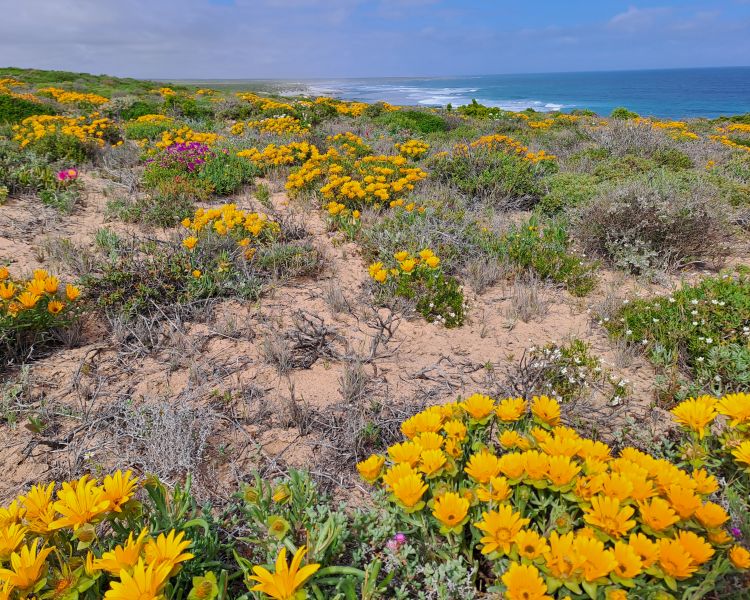The WWF is run at a local level by the following offices...
- WWF Global
- Adria
- Argentina
- Armenia
- AsiaPacific
- Australia
- Austria
- Azerbaijan
- Belgium
- Bhutan
- Bolivia
- Borneo
- Brazil
- Bulgaria
- Cambodia
- Cameroon
- Canada
- Caucasus
- Central African Republic
- Central America
- Central Asia
- Chile
- China
- Colombia
- Croatia
- Democratic Republic of the Congo
- Denmark
- Ecuador
- European Policy Office
- Finland
Find WWF South Africa's media releases and newsworthy articles here.

Enter WWF’s photo competition for a chance to win a photo safari!

A phosphate mine owned by African Rainbow Capital is seeking to mine inside the boundaries of the West Coast National Park.

From the Northern Cape’s West Coast to the Bokkeveld Plateau, landowners are demonstrating that conservation, agriculture and tourism can thrive ...

WWF is saddened to hear of the passing of one of our ardent supporters and a true patron of conservation, Pamela Isdell.

Let’s not forget where our water comes from; it comes from nature!

WWF South Africa and Nedbank have announced the next phase of a long-standing partnership which will run until 2029.

WWF South Africa calls on individuals, businesses and organisations to join millions of people worldwide in celebrating Earth Hour 2025.

A biologically rich tract of land on the edge of the Bokkeveld plateau in the Northern Cape has finally been declared a nature reserve.

WWF is saddened to hear of the passing of renowned river ecologist Dr Jacqueline King.

In November, conservation stakeholders and landowners gathered at the 2024 Mpumalanga Stewardship Forum – in Barberton – to advance the province’s ...

A generous bequest has added a key piece of land linking the greater Kogelberg area with the coast between Rooiels and Pringle Bay.

COP29 failed to send a strong signal on the need to rapidly reduce emissions and phase out fossil fuels.
